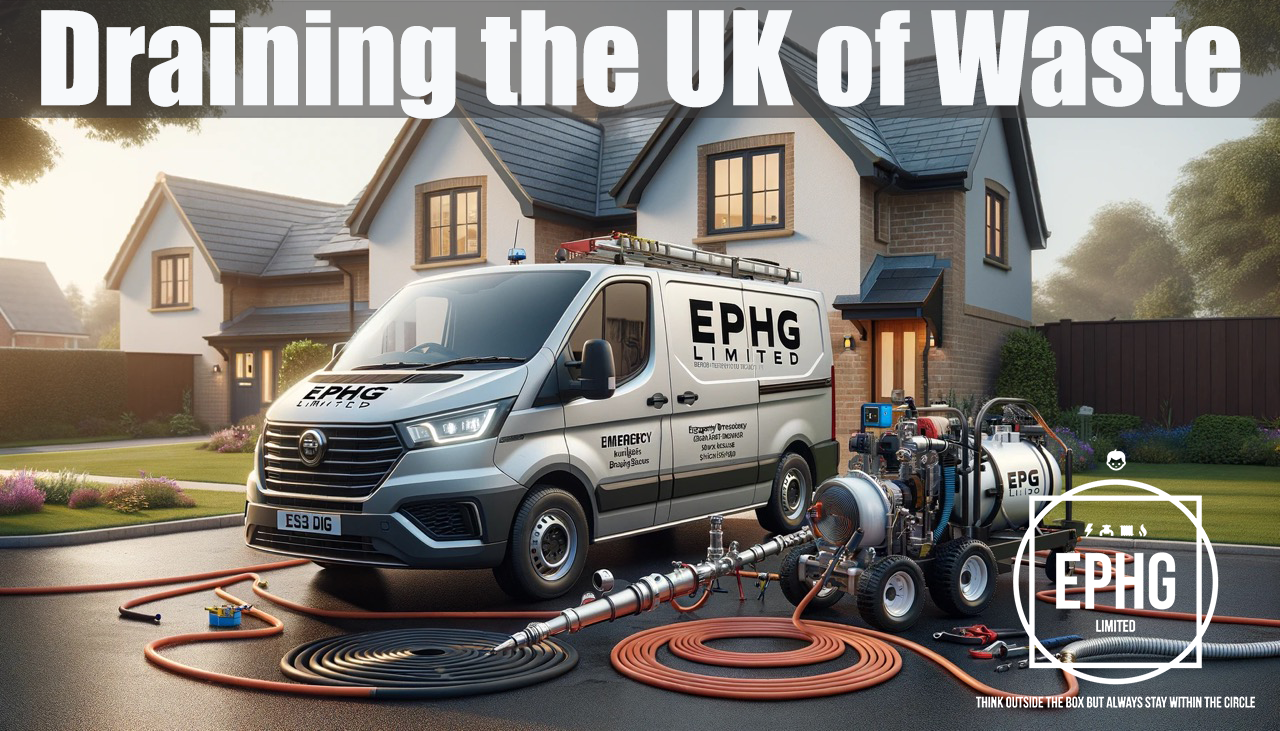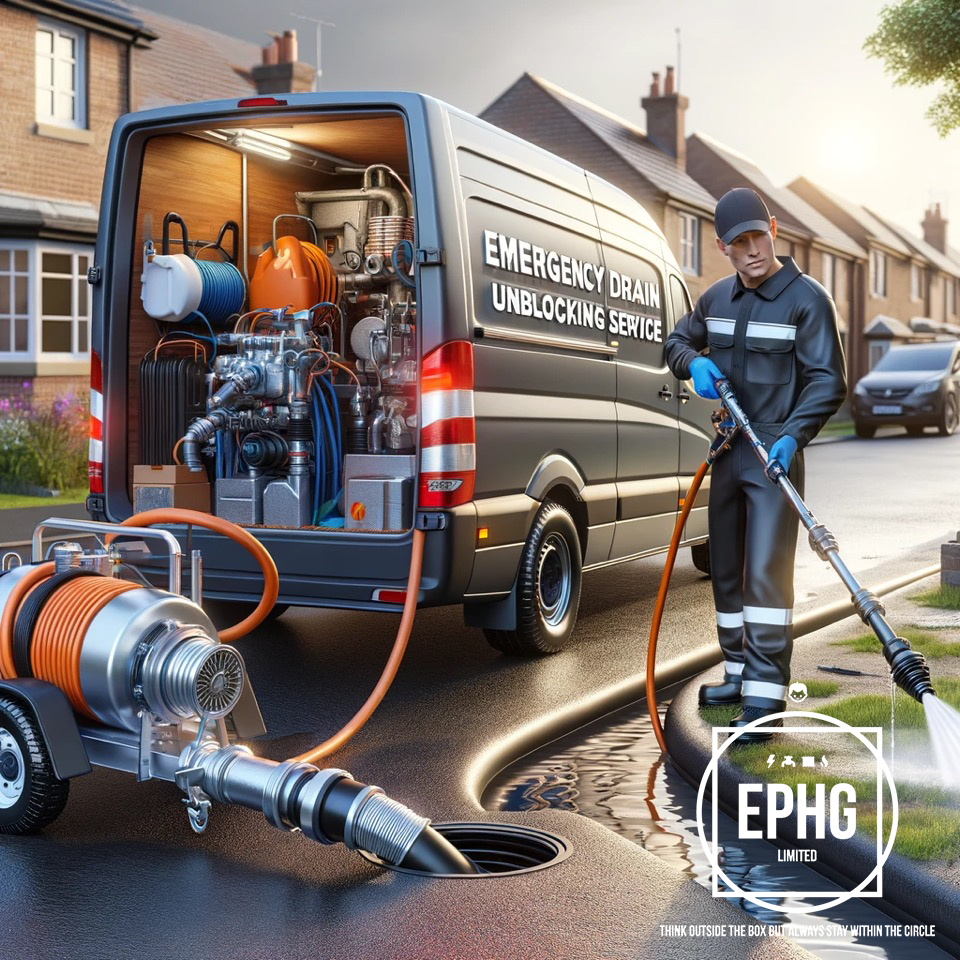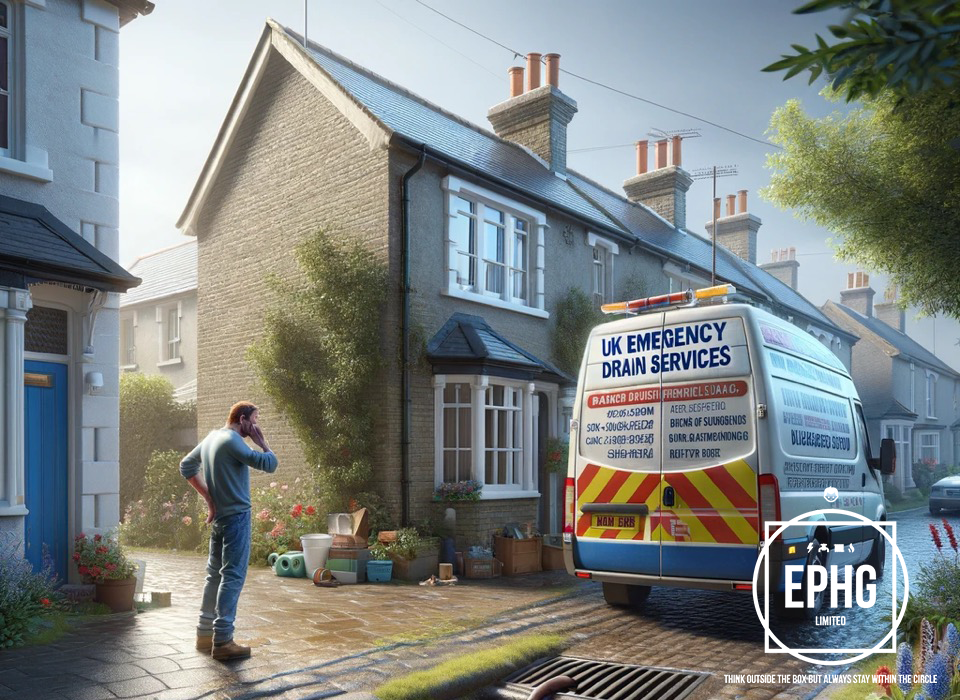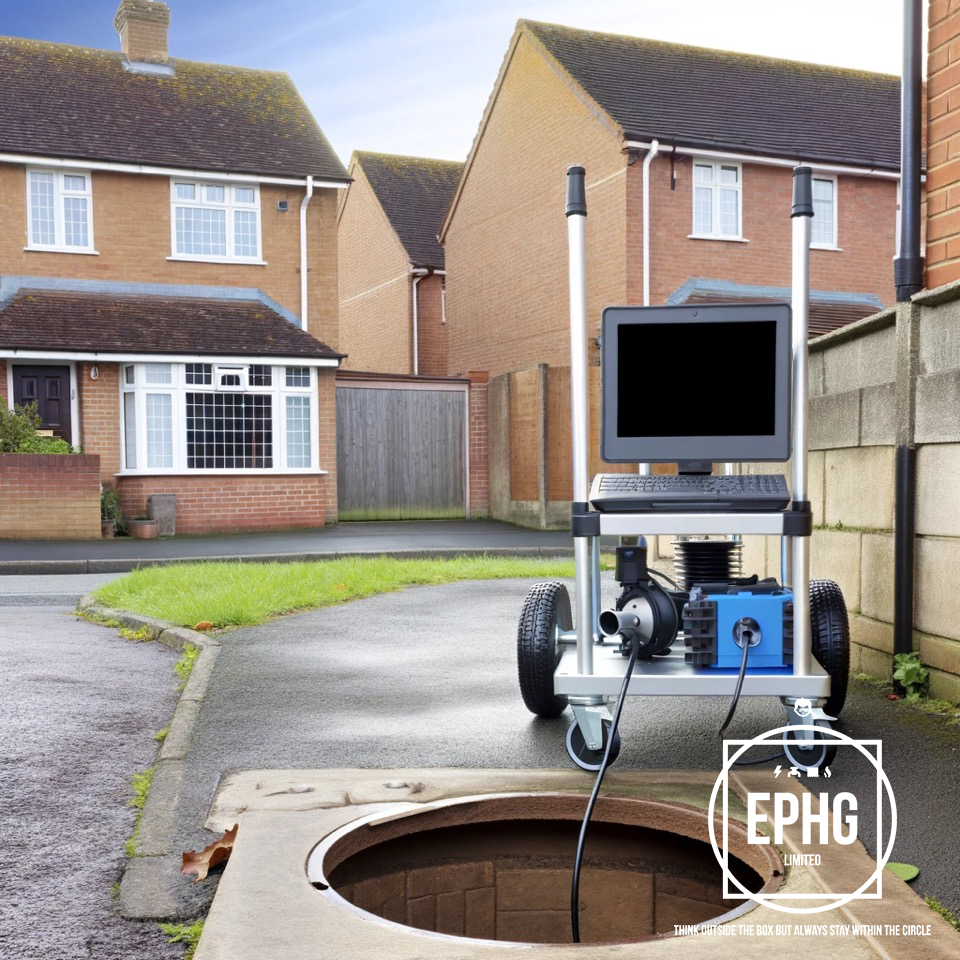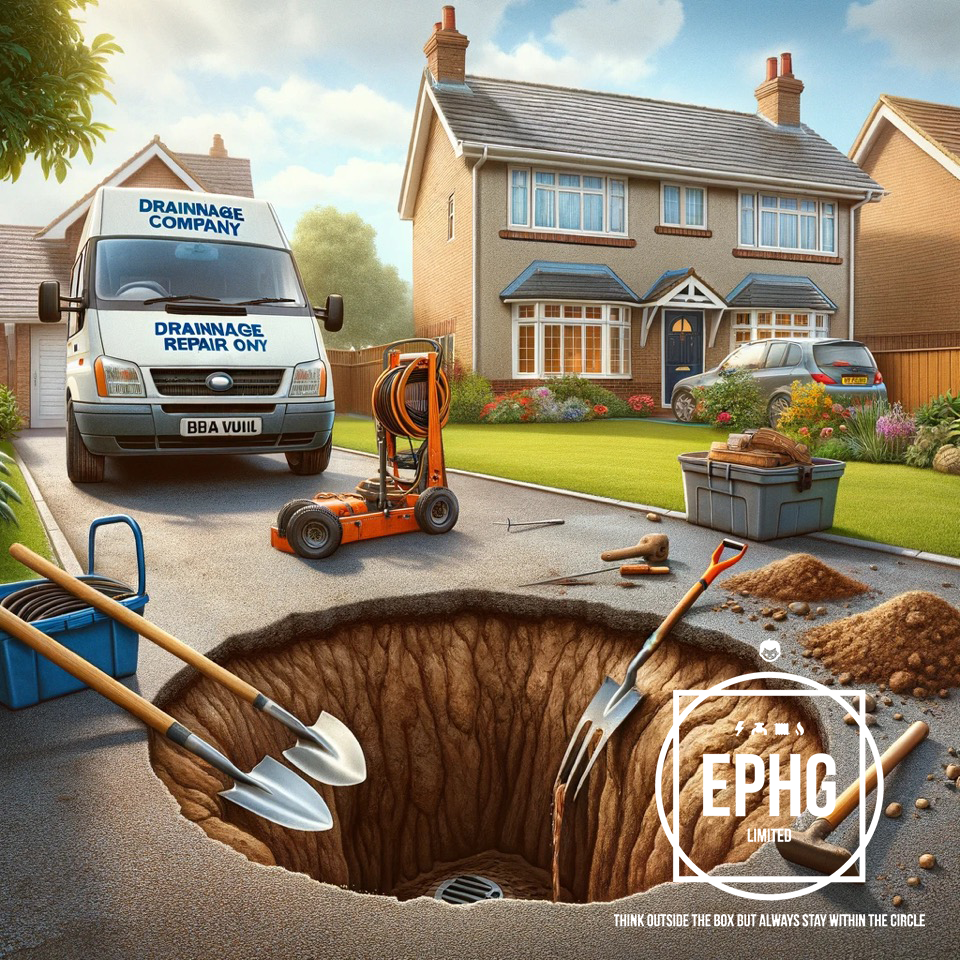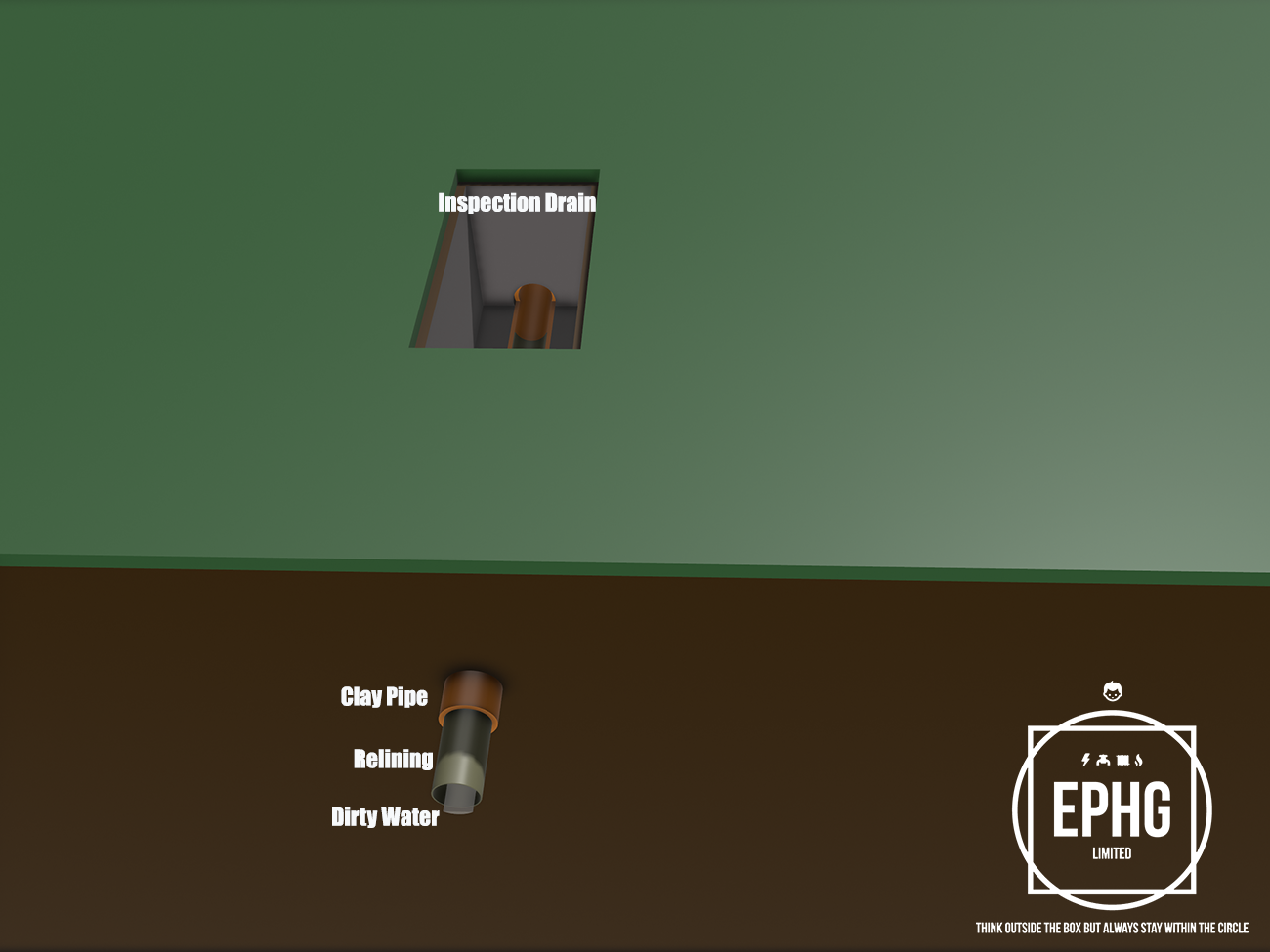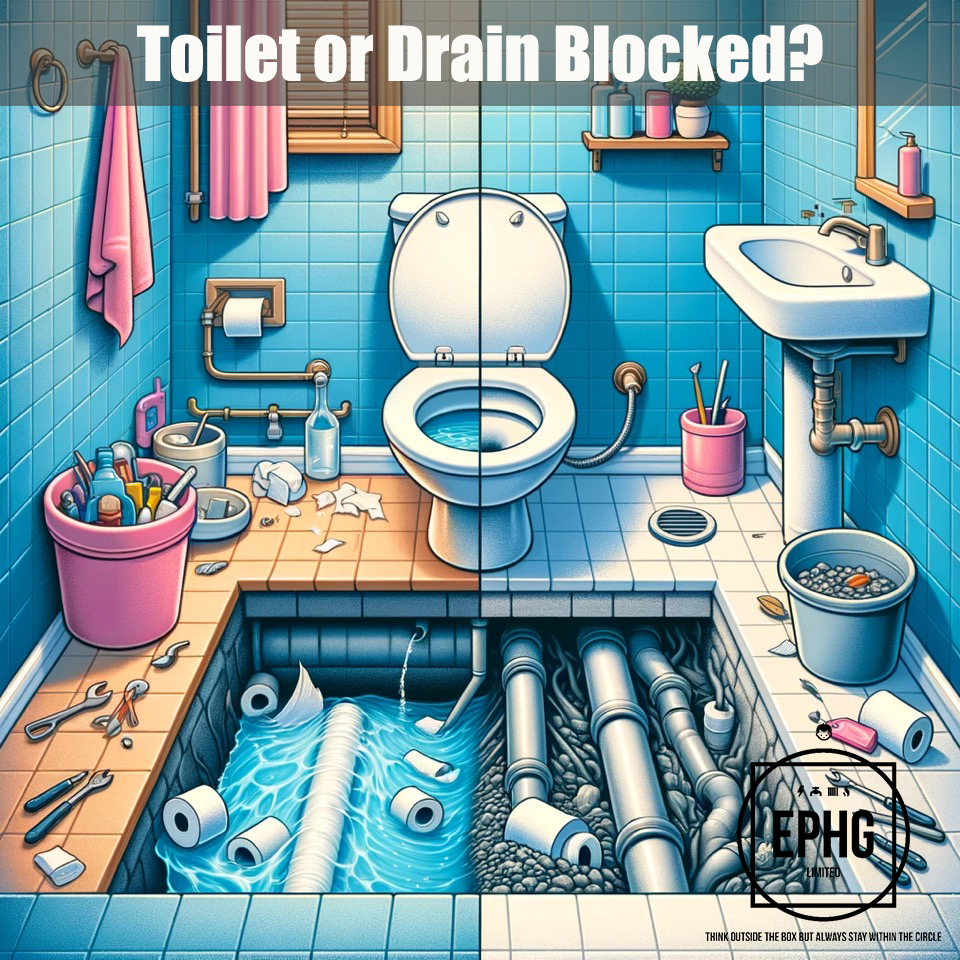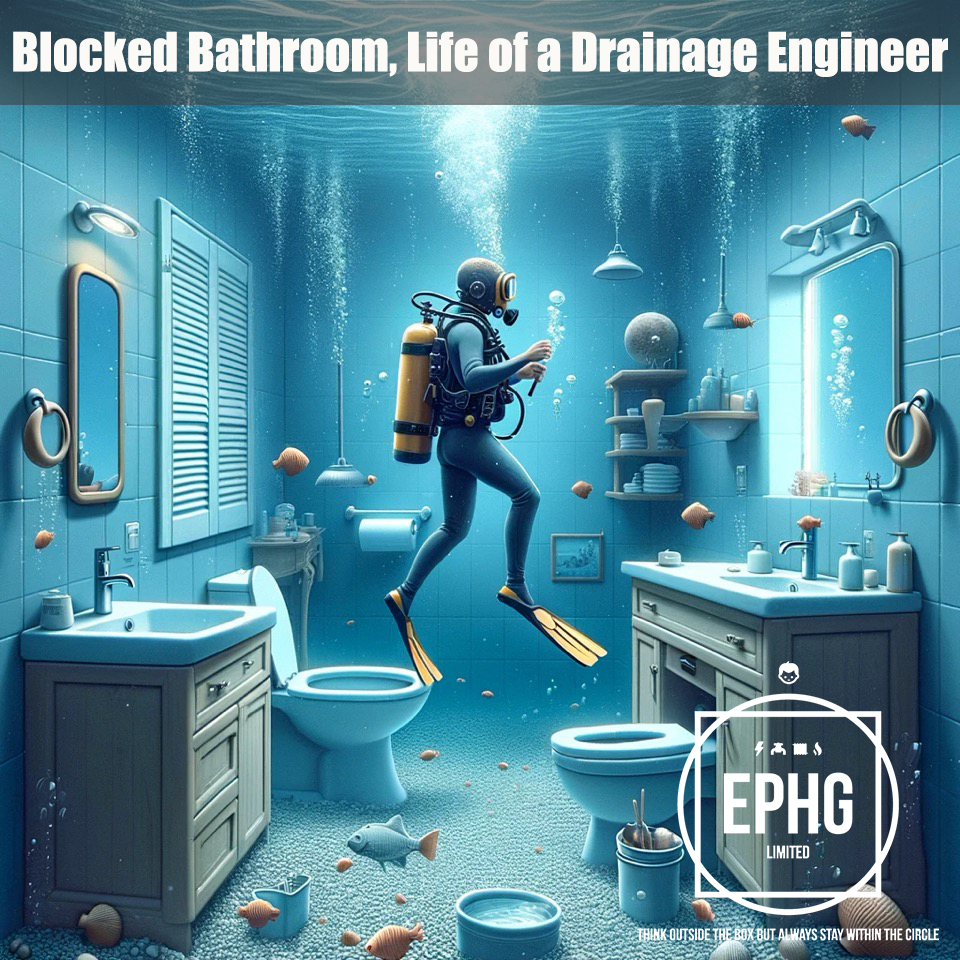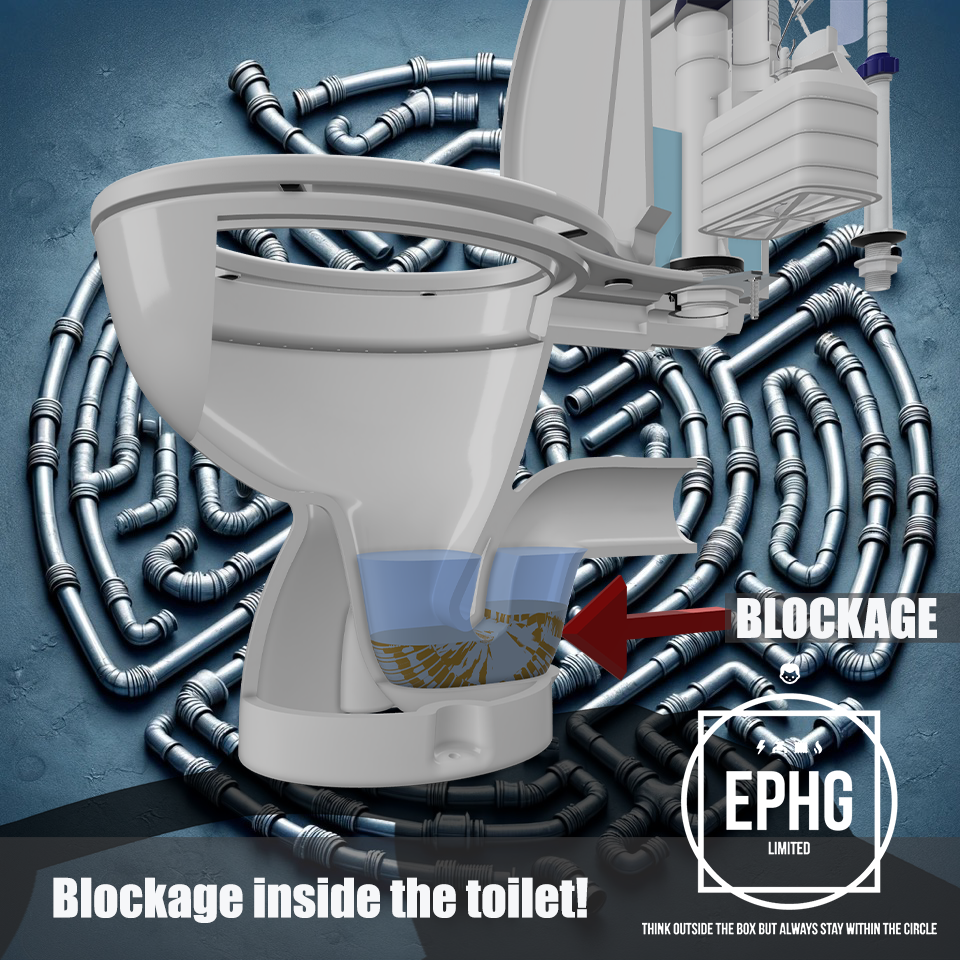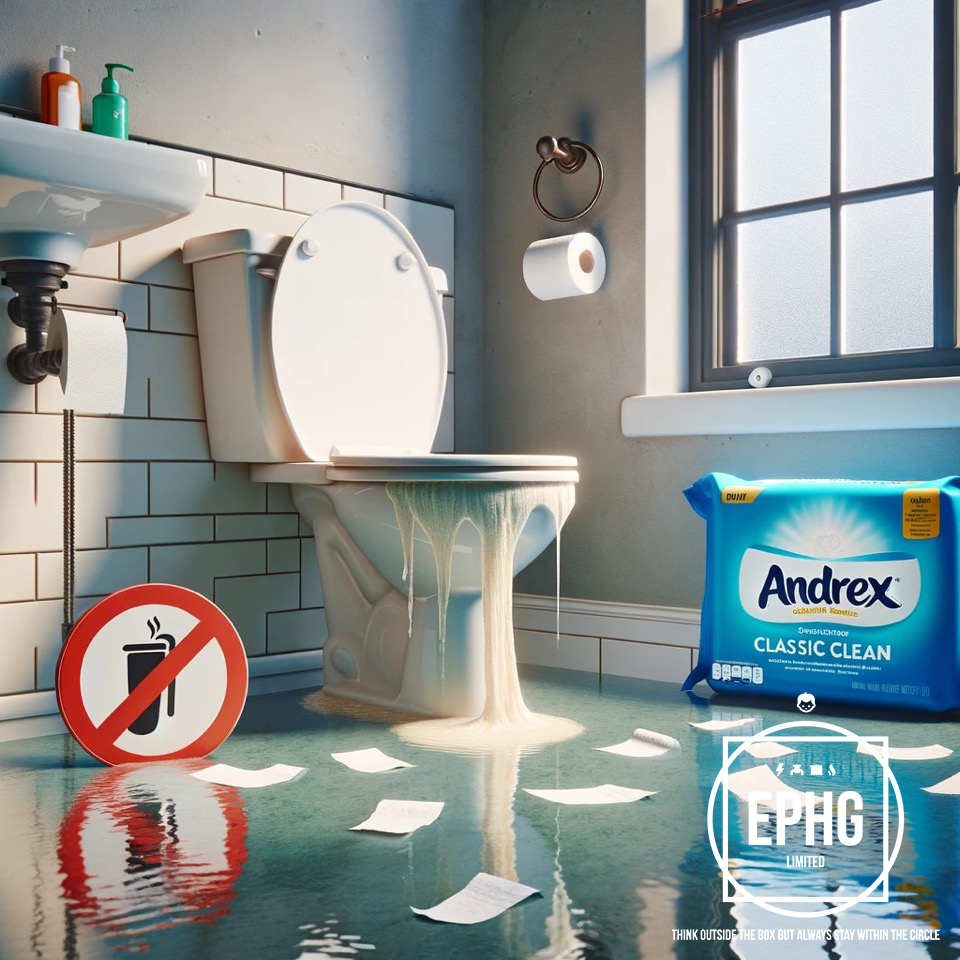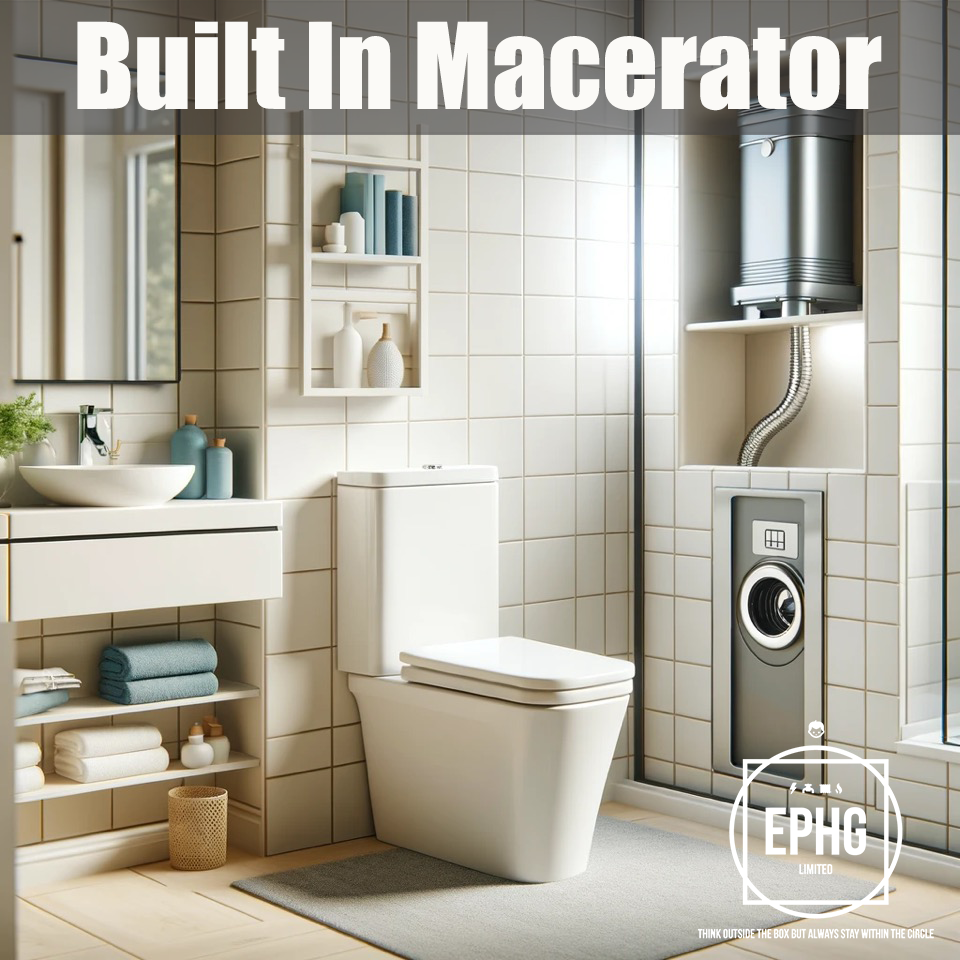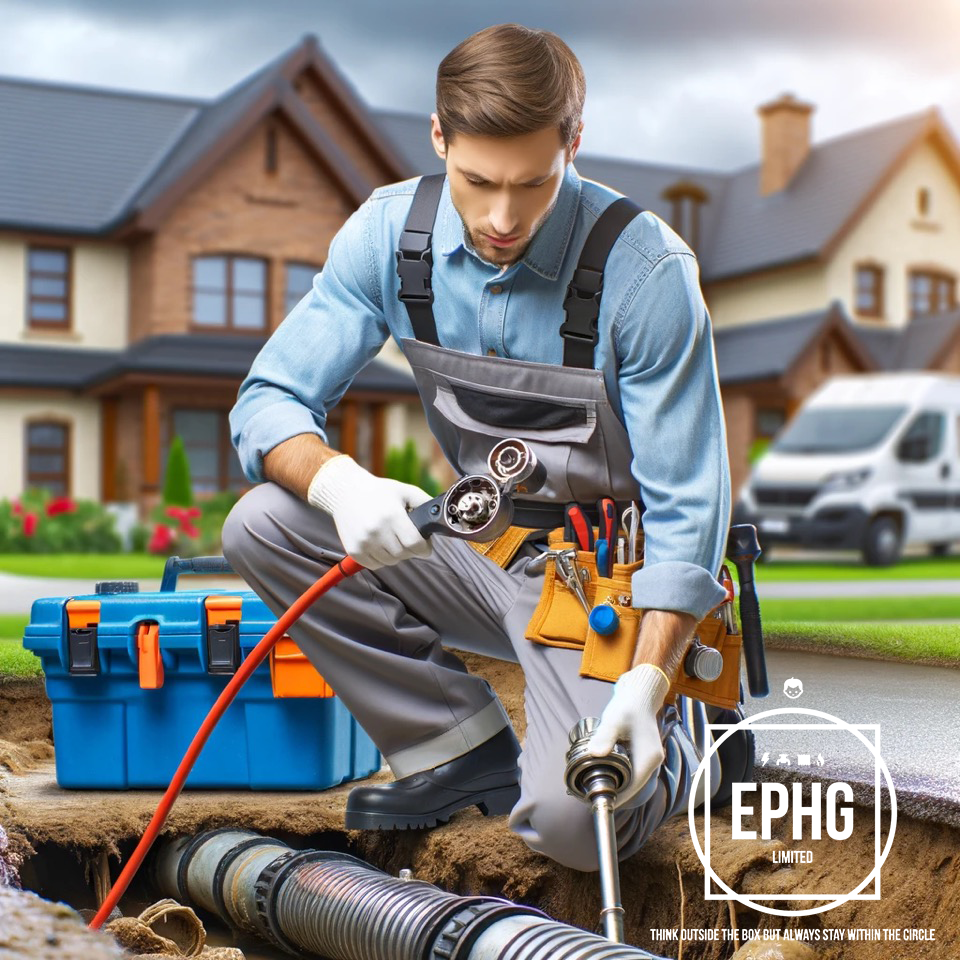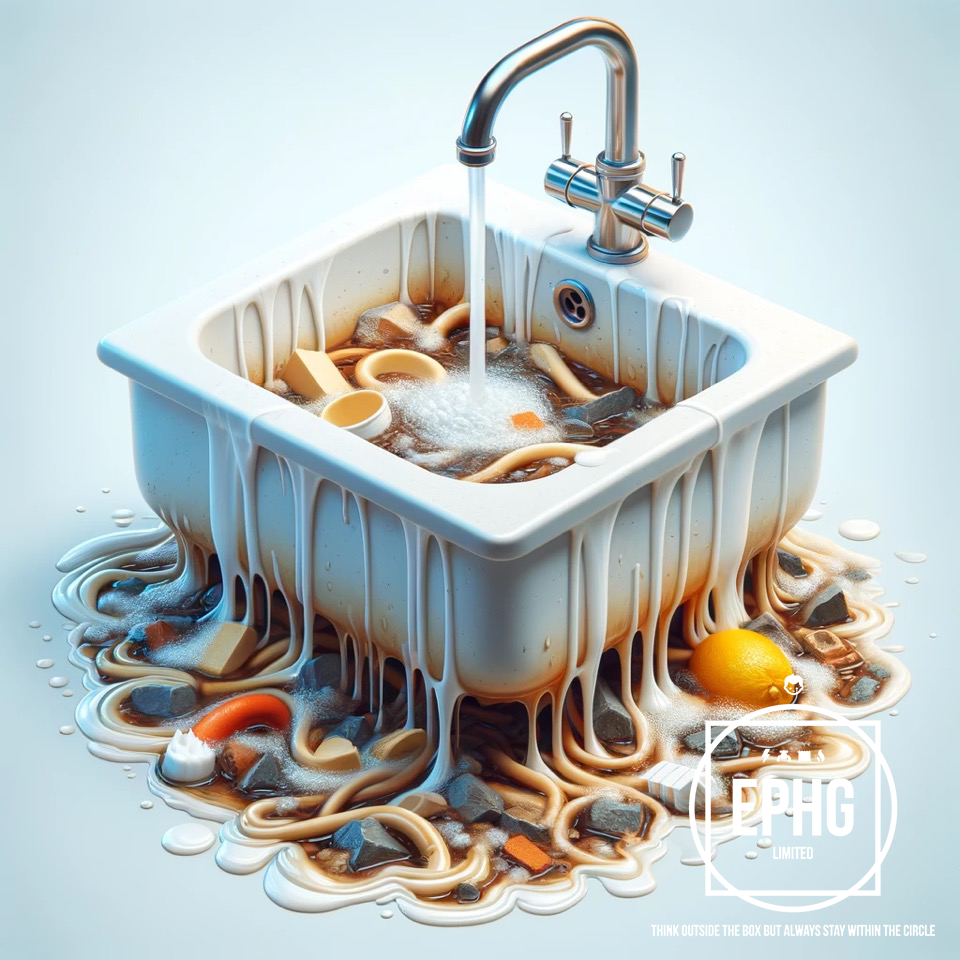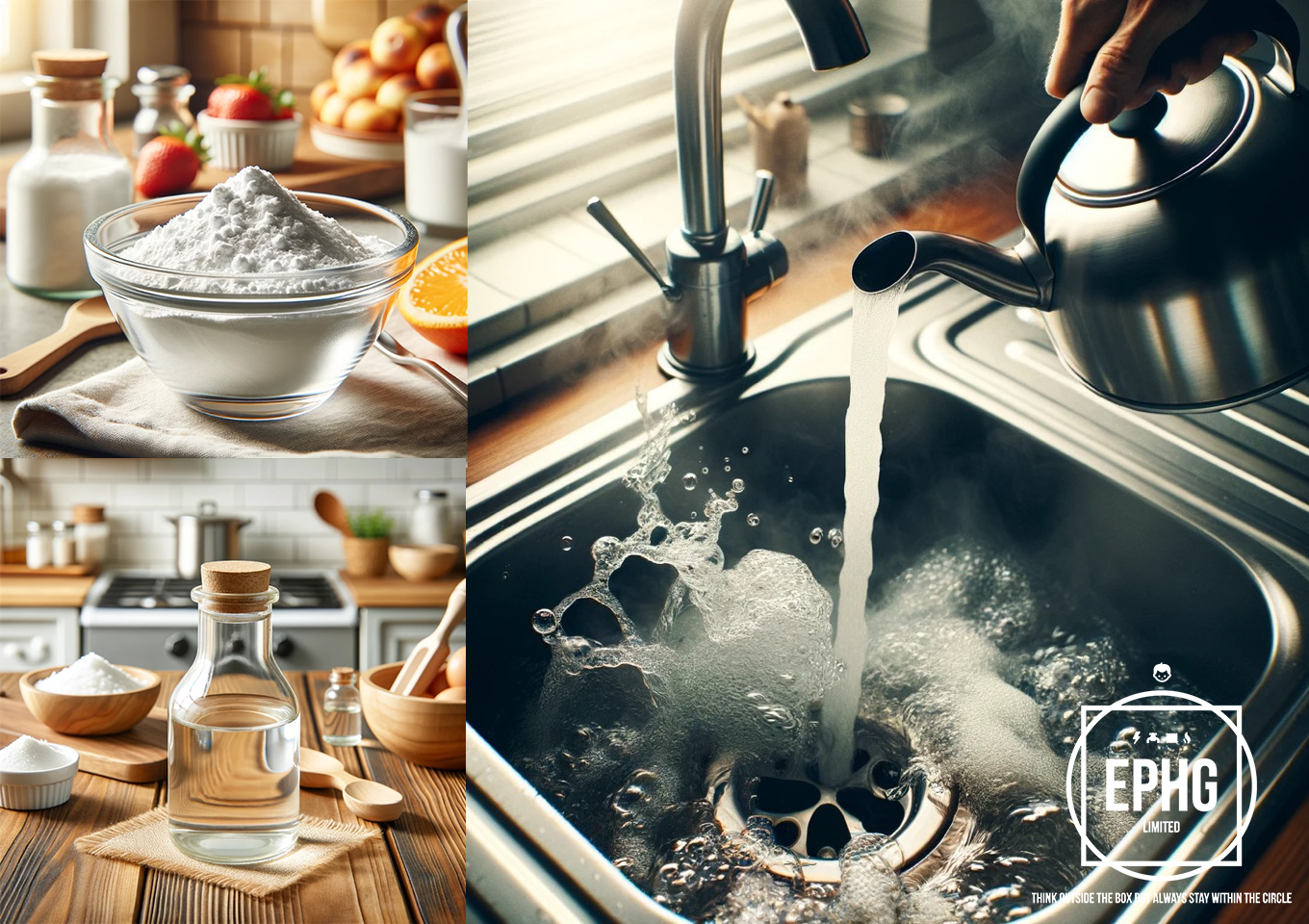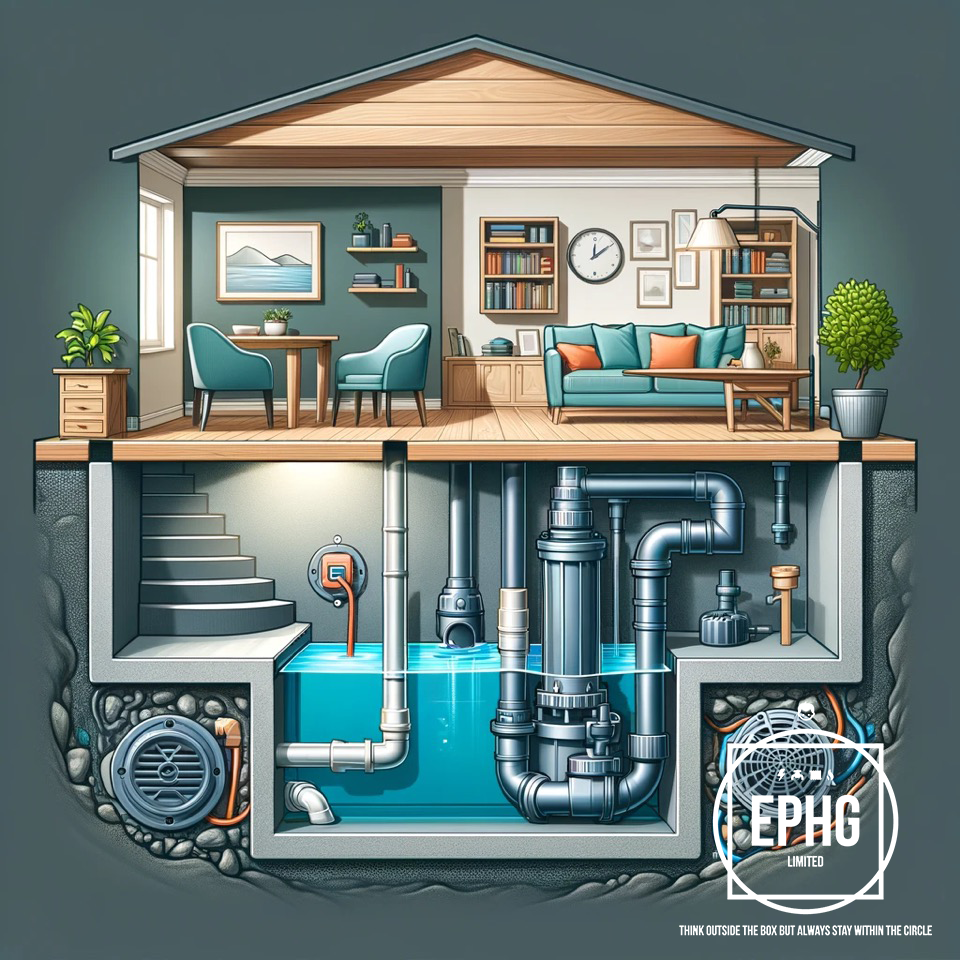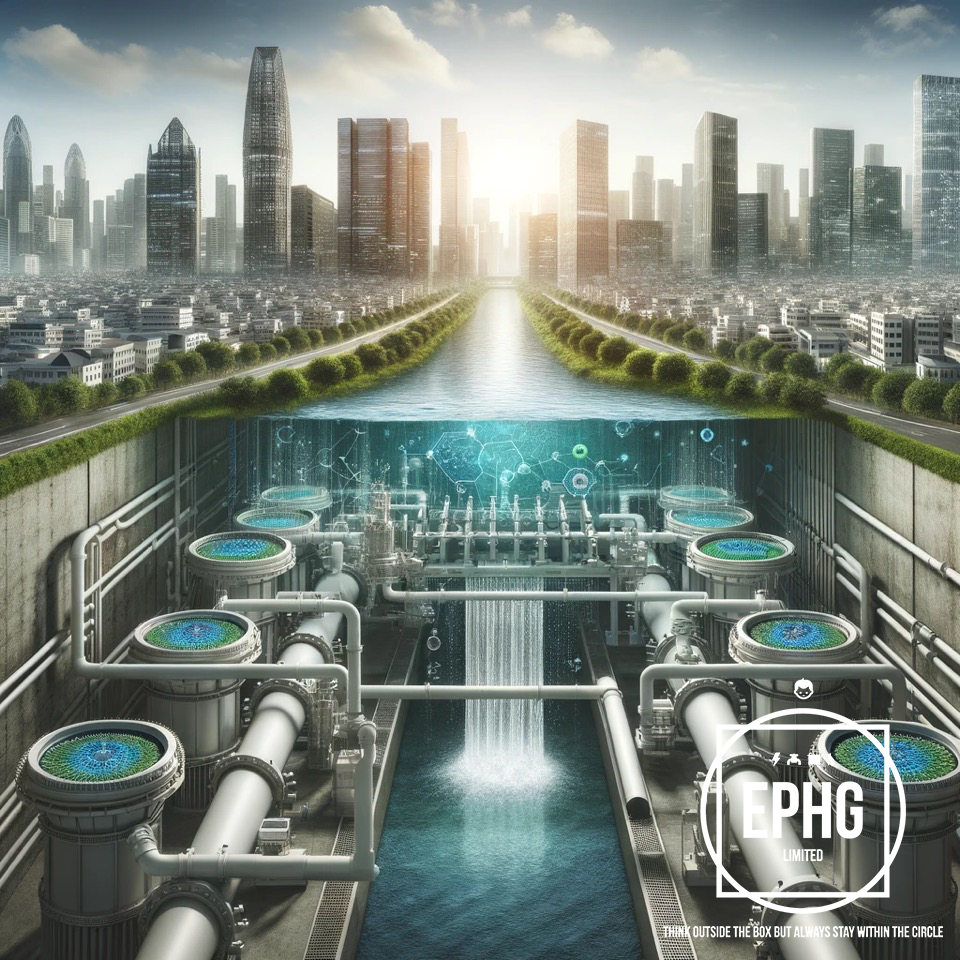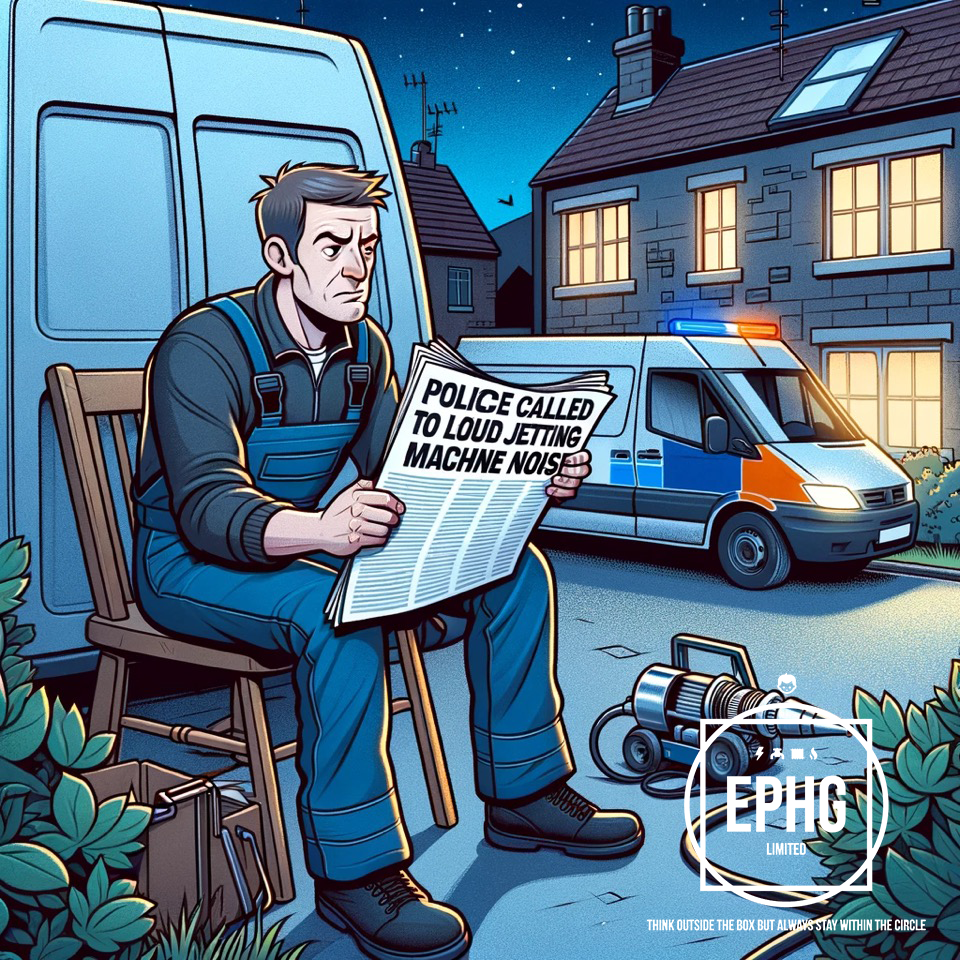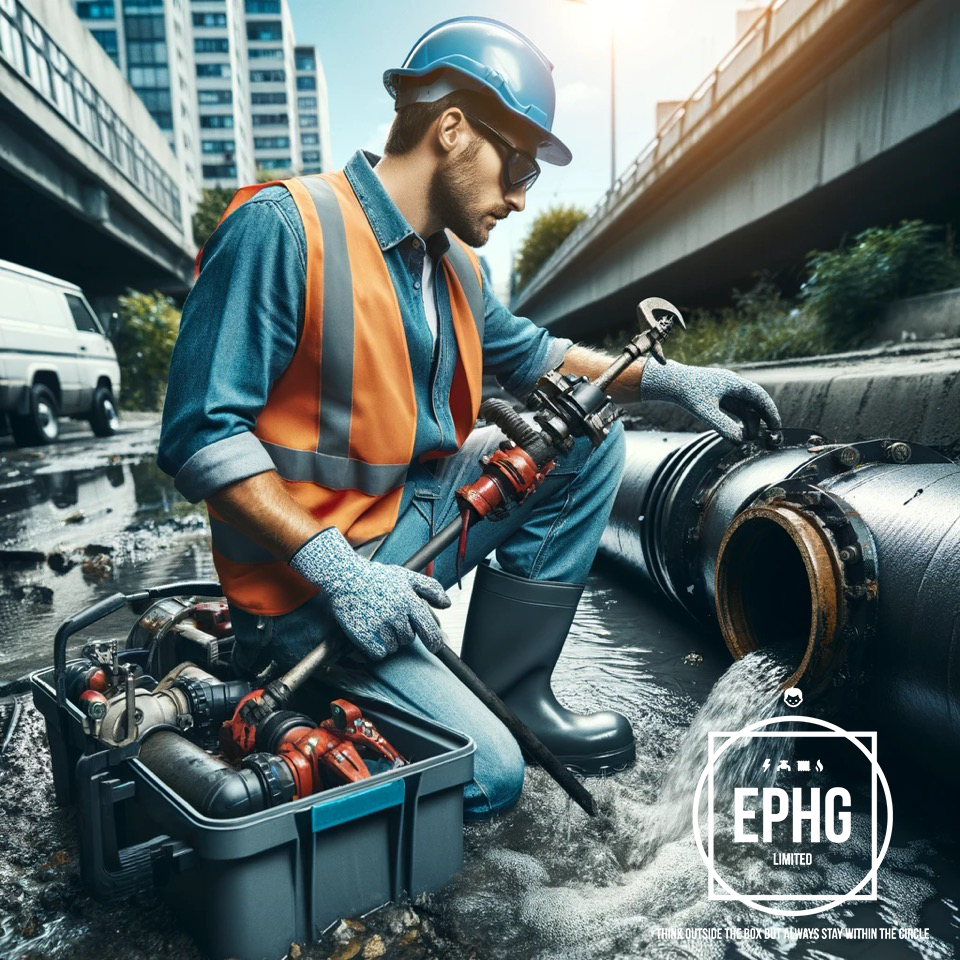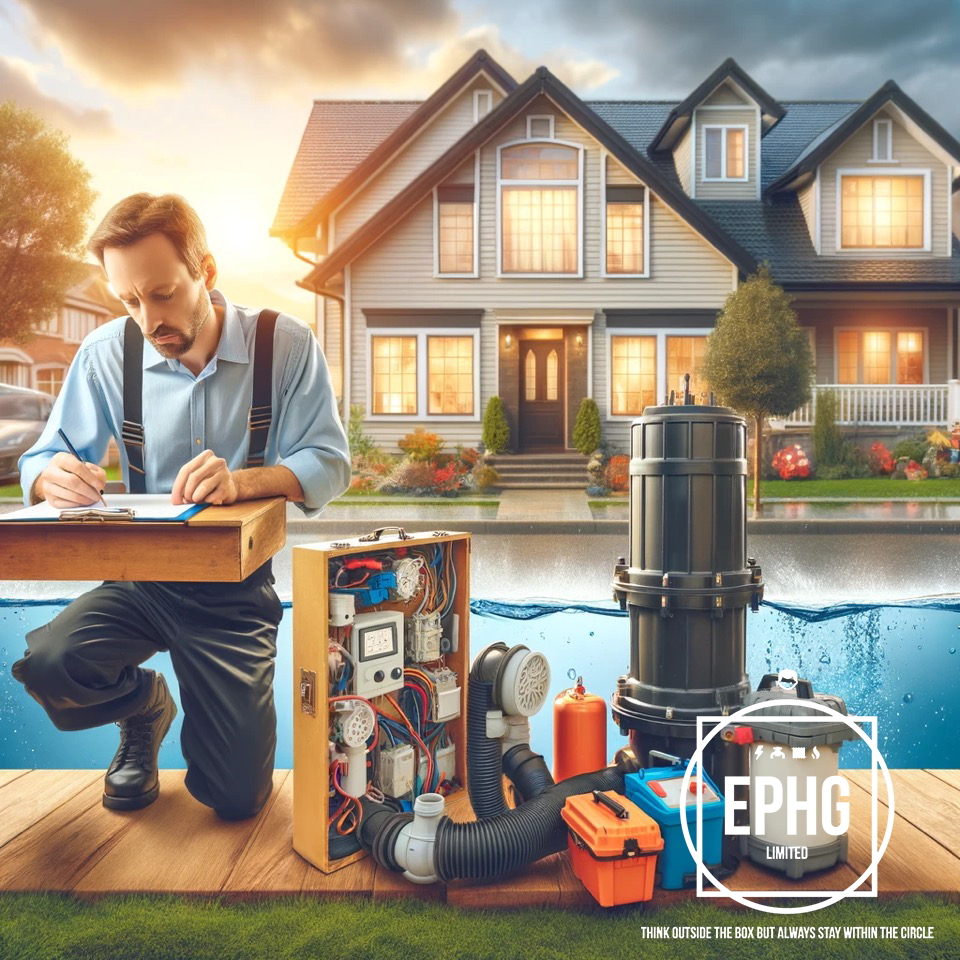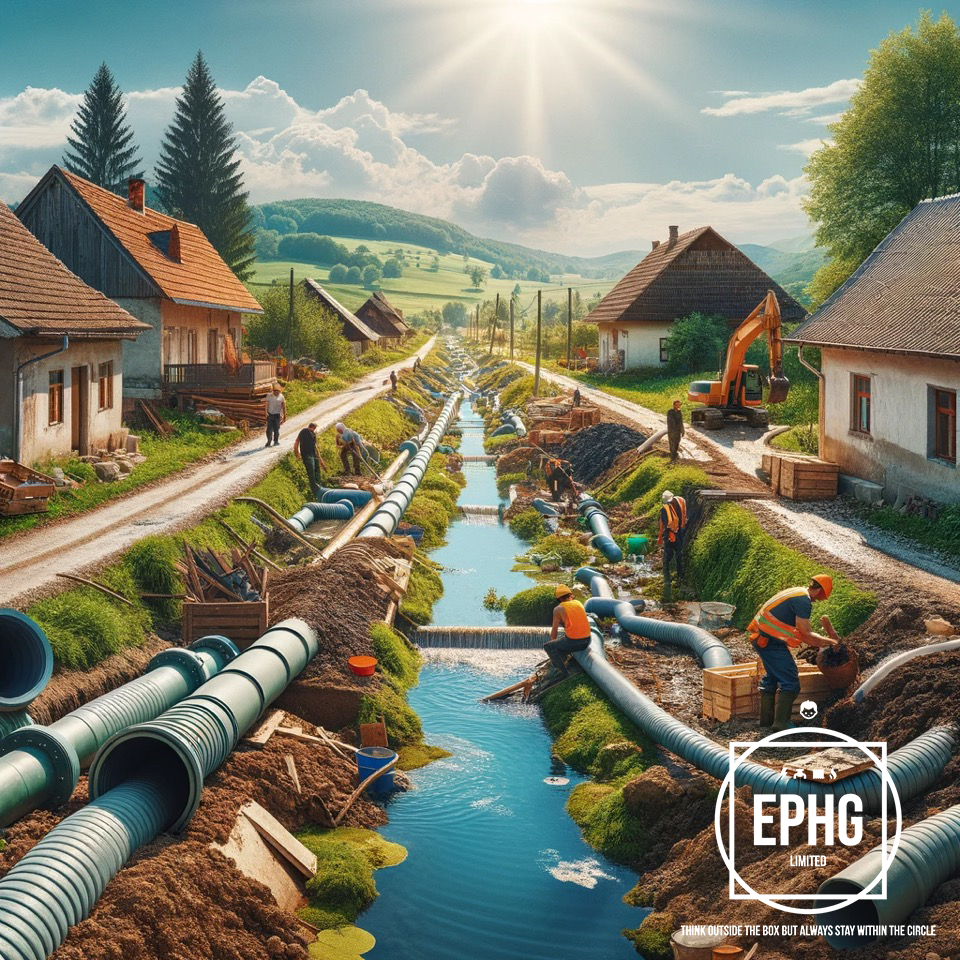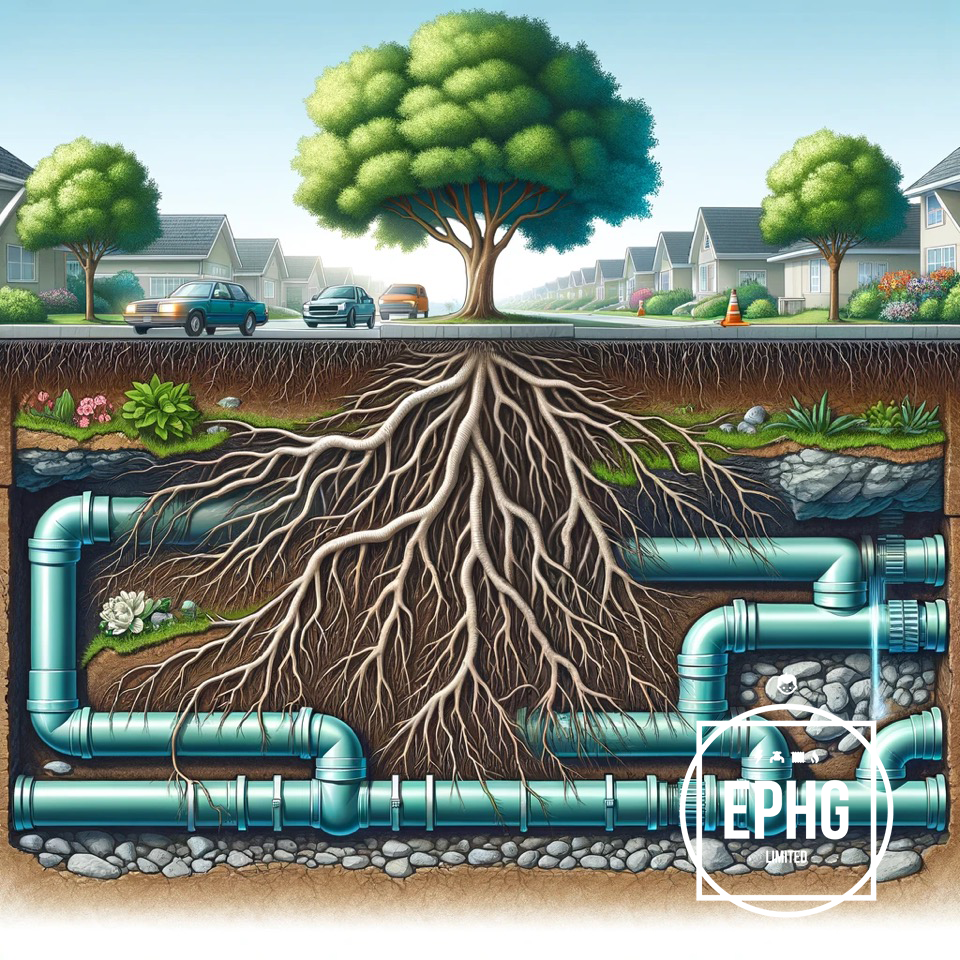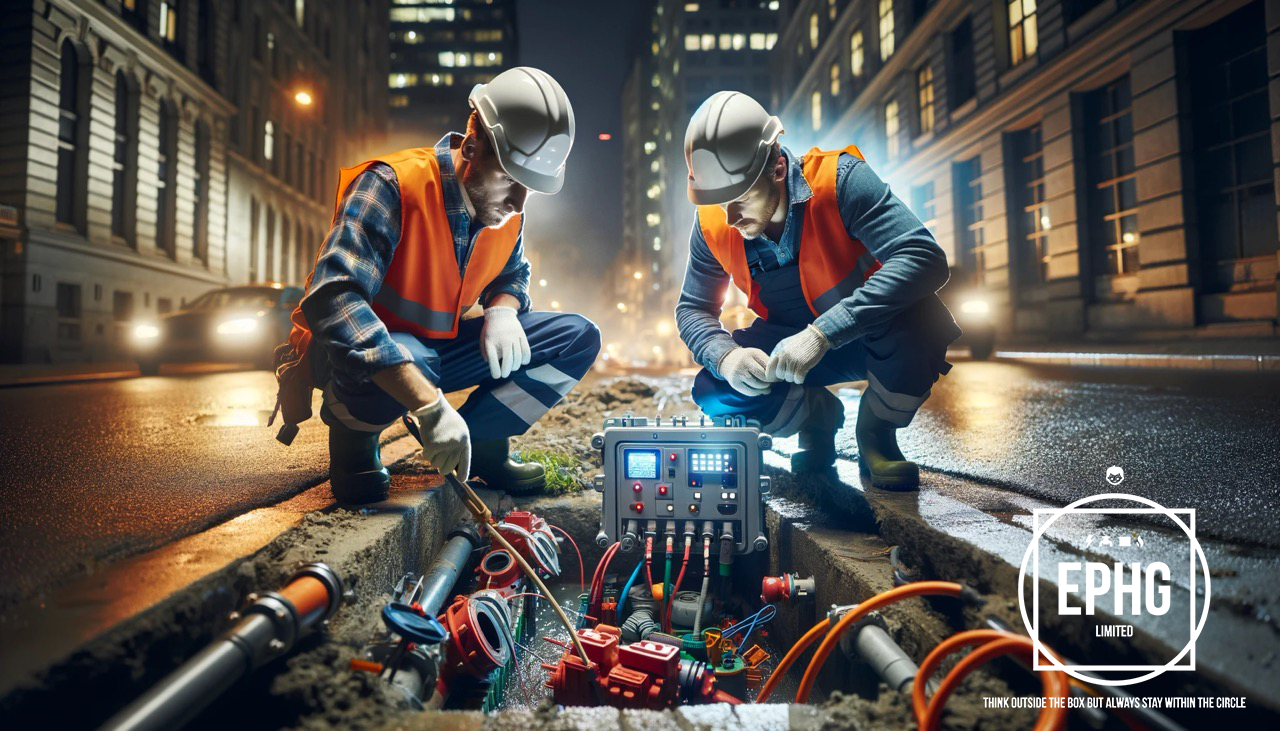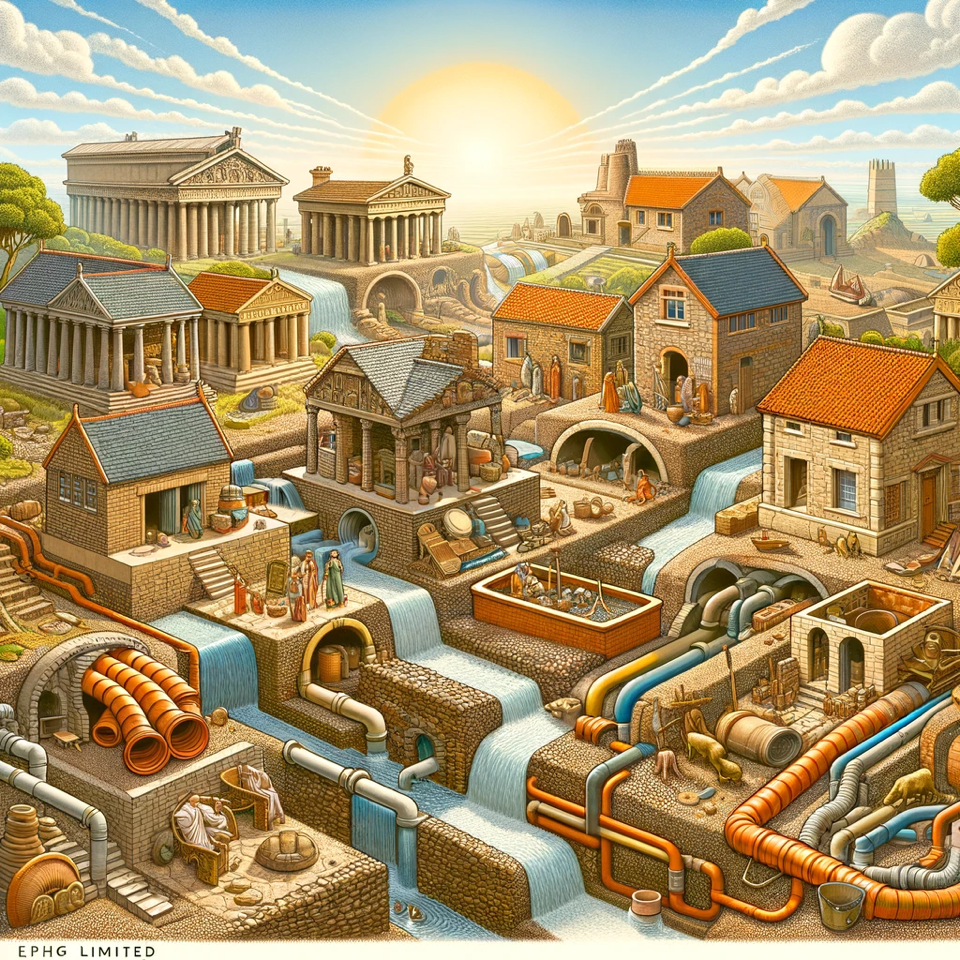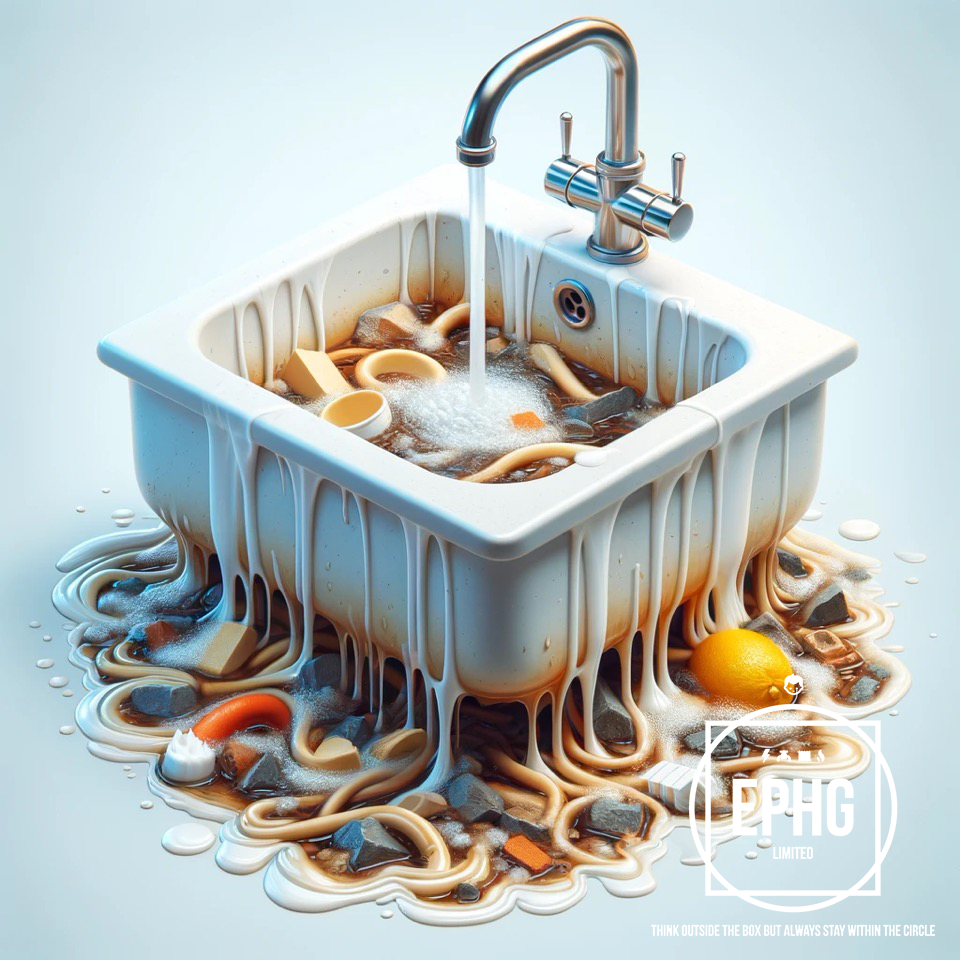
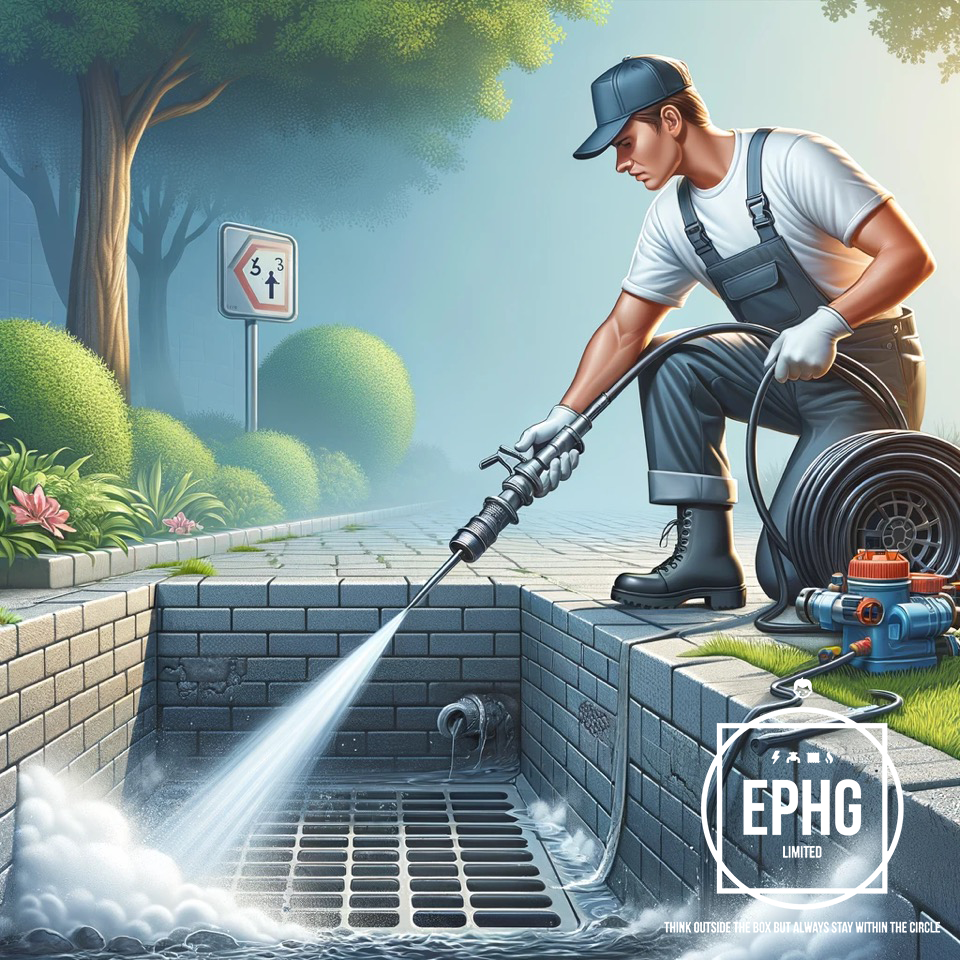
Drains clogged with grease and fat are a common nuisance in both residential and commercial settings, leading to unpleasant odors, slow water drainage, and potential pipe damage. Understanding the causes and solutions for these blockages can save time, money, and prevent unnecessary stress. This article delves into the intricacies of grease and fat blockages in drains, offers practical DIY tips, and highlights when to involve emergency drainage engineers.
The Trouble with Grease and Fat in Drains
When grease, oil, and fat go down the drain, they may seem harmless at first. However, as they cool, they solidify, clinging to the insides of pipes and gradually accumulating other debris. This creates stubborn blockages that disrupt normal water flow and can lead to significant plumbing issues.
DIY Practices to Prevent and Address Blockages
- Prevention is Key: The easiest way to deal with grease and fat blockages is to prevent them from happening. Never pour cooking oil, grease, or fat down the drain. Instead, pour these liquids into a disposable container and throw them in the trash.
- Regular Maintenance: Regularly flush your drains with hot water or a mixture of hot water and dish soap. This can help dissolve minor grease accumulations before they become problematic.
- Natural Remedies: For minor blockages, a combination of baking soda and vinegar can be effective. Pour a cup of baking soda followed by a cup of vinegar down the drain, wait 15 minutes, and then flush with boiling water.
- Mechanical Solutions: Plungers or plumber's snakes can be used to physically remove clogs. These tools can be effective for blockages close to the drain's surface.
Recognizing the Need for Professional Help
While DIY methods can be effective for minor issues, there are signs that indicate the need for professional intervention:
- Recurring Blockages: If blockages recur despite regular maintenance, this may indicate a more significant issue within the plumbing system.
- Multiple Blocked Drains: If several drains in your home are clogged simultaneously, this could signal a blockage in the main sewer line, requiring professional attention.
- Water Backflow: The presence of sewage water in your home is a clear sign that a professional emergency drainage engineer's help is needed immediately.
- Bad Odors: Persistent foul odors emanating from your drains can indicate a buildup far down the line that DIY methods cannot reach.
The Role of Emergency Drainage Engineers
Emergency drainage engineers specialize in diagnosing and resolving complex drainage issues. Equipped with advanced tools like CCTV drain surveys, they can identify the exact location and nature of the blockage. Professional cleaning methods, such as high-pressure jet washing, are often more effective and less damaging to pipes than DIY methods.
Conclusion
Grease and fat blockages in drains are a preventable problem that can escalate into a plumbing emergency if not addressed properly. By adopting responsible disposal habits and regular maintenance routines, most blockages can be prevented or resolved. However, recognizing when to call in an emergency drainage engineer is crucial to preventing long-term damage and ensuring the smooth functioning of your home's plumbing system. By staying informed and proactive, homeowners can maintain clear and functional drains, avoiding the pitfalls of grease and fat buildup.
